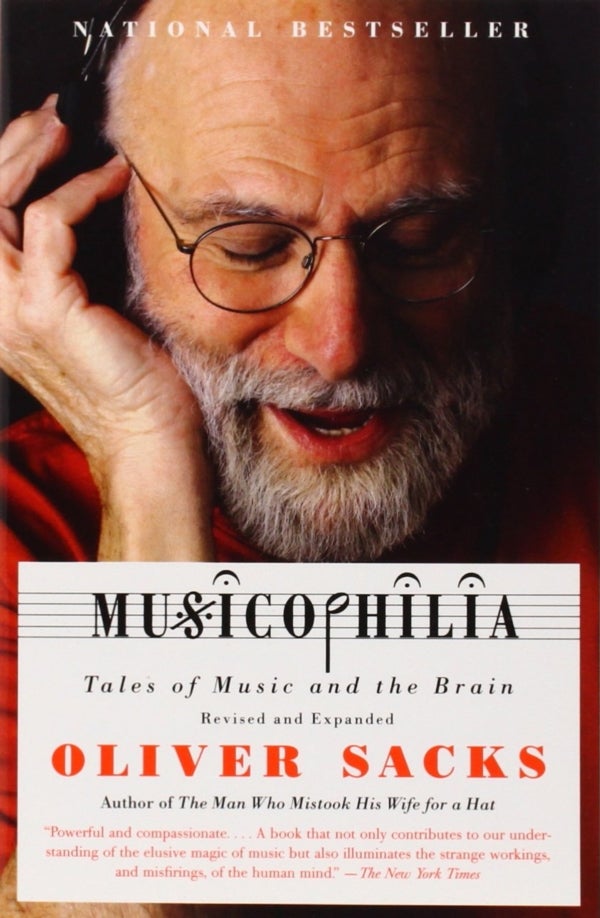

Research suggests that musicians are not born with different brain structures. How do musicians get so musical? Are they born that way or does their environment affect them?

These differences are so noticeable that experienced anatomists can instantly recognize a musician’s brain versus an artist or mathematician. Using brain imaging, neuroscientists have made precise comparisons of the sizes of various parts of the brain in musicians and non-musicians. What distinguishes them from the rest? Research shows that their brains are noticeably different from those of non-musicians. Now that we’ve looked at people who lack musical ability, let’s look at musicians. Big Idea #2: Music training changes the brain. Darwin says in his autobiography that he lost interest in listening to music as an adult, and Freud said he never listened to music voluntarily because he couldn’t derive any pleasure from it.

Some historical figures didn’t enjoy listening to music. There are also people who can perceive music, but don’t like it. For them, melodies are just noise that sounds like screeching cars. People with a poor sense of rhythm can still enjoy music and dancing, but those who have amusia don’t even experience it as music. They tend to only hear the rhythms of their own culture, and those become ingrained in them by age one year old. This means they are unable to detect rhythmic variations in music from other cultures. In addition to being unable to follow a beat, people can also be rhythm deaf. Che Guevara was said to be one of them he would dance a mambo when everyone else danced tango. Some people have rhythm problems, meaning that they can’t keep a beat. They can’t tell if they’re singing off-key and are unable to recognize when others sing off key as well.

People who don’t have musical abilities or interest in music suffer from amusia.Ībout five percent of the population is tone deaf. Some people are really good at it, while others don’t have any musical ability and aren’t interested in music. Big Idea #1: Not everyone is good at music. You just have to get struck by lightning. In addition, you’ll learn about people who see colors when they listen to music.įinally, you will learn how to be creative. This key point explores both the benefits and dangers of music: how it can cure immobility but also cause seizures in some people, as well as bring back language for those who’ve lost their ability to speak. Music also creates a bond between all human beings, right? Not quite. It brings people together and can be used to relax or have fun. Music has been a part of humanity since the beginning. Music also has the power to heal troubled minds and even revive motionless limbs. Brain disorders can change our experience of music, sometimes making the sound of music a horrifying experience. Some people are more sensitive to music than others, and some have no ability or feeling for it.


 0 kommentar(er)
0 kommentar(er)
